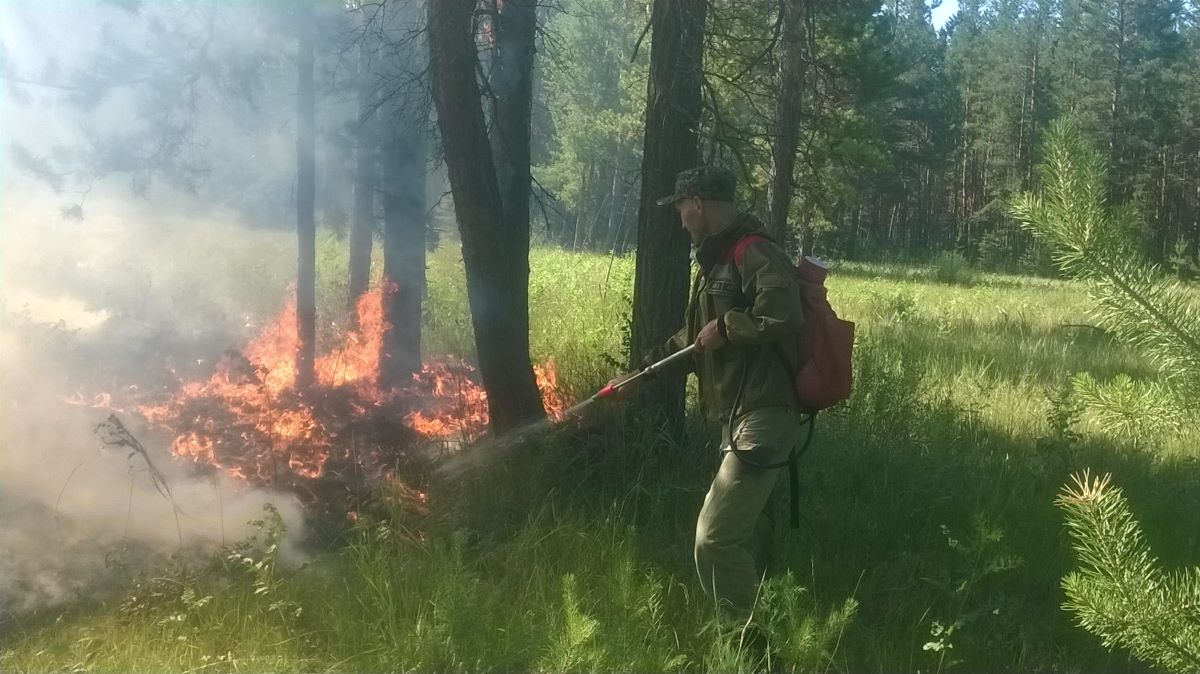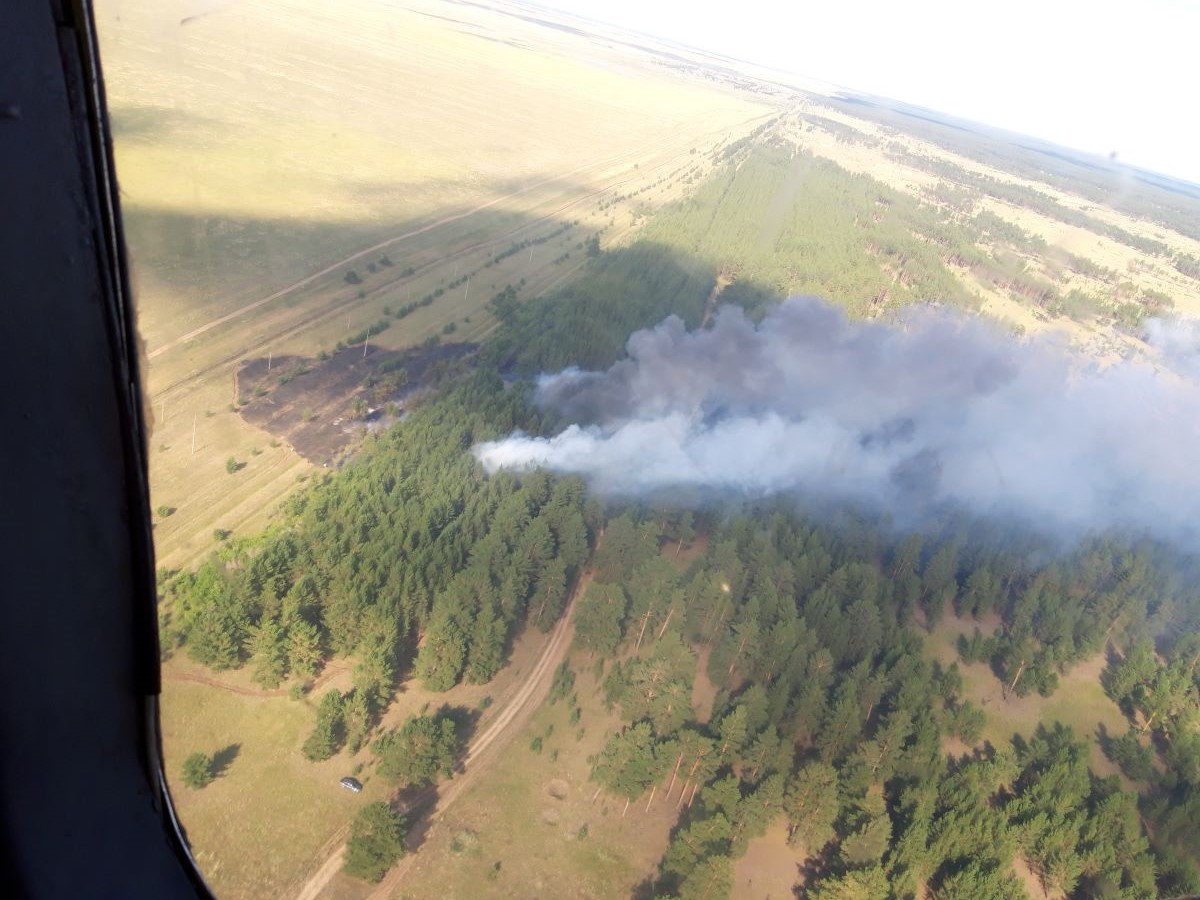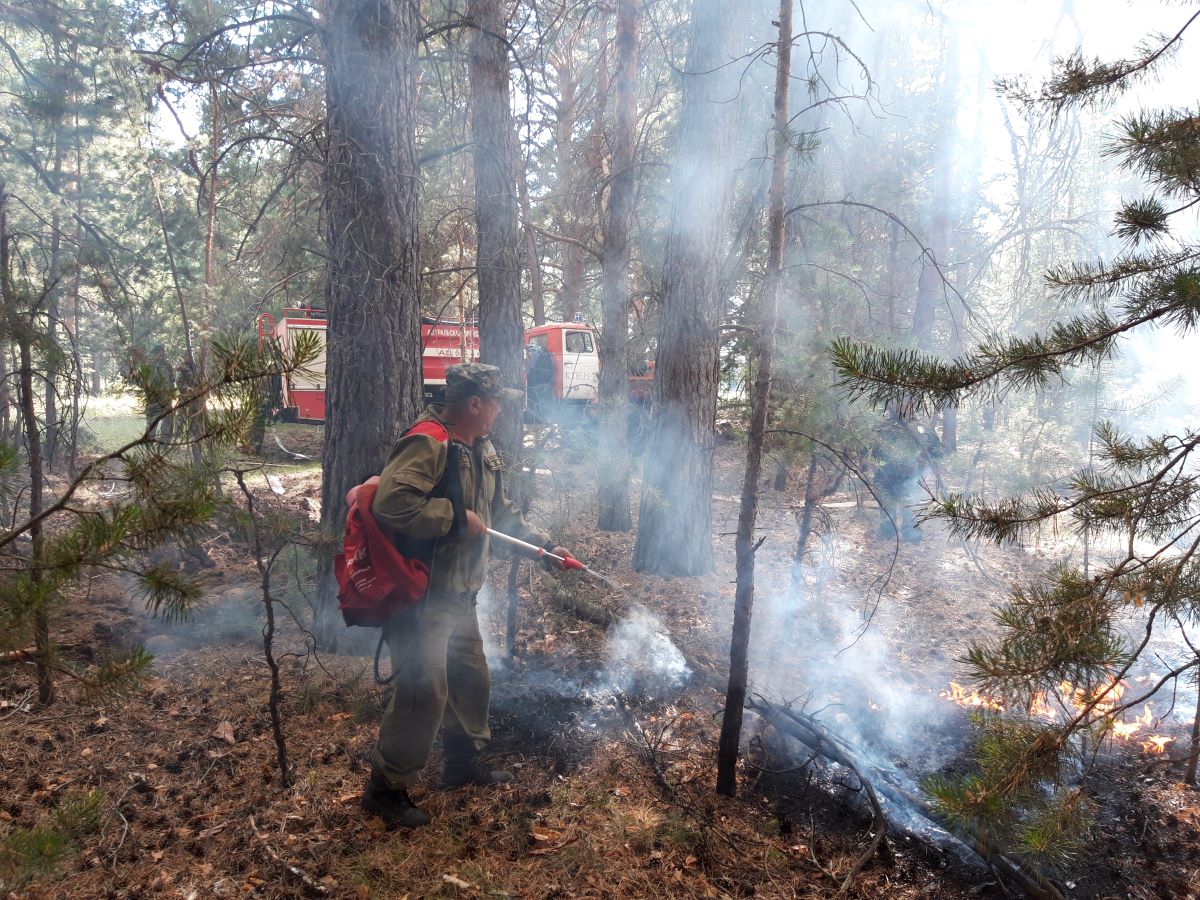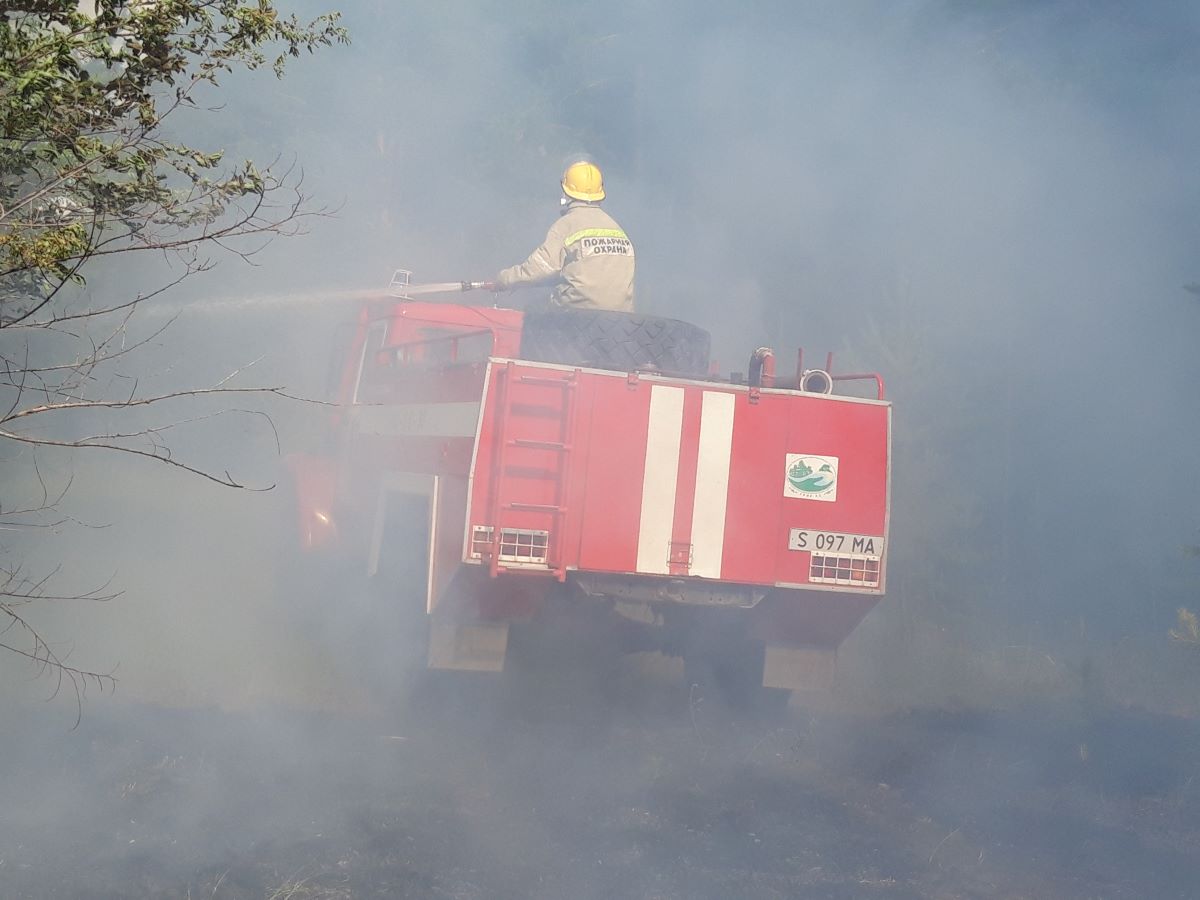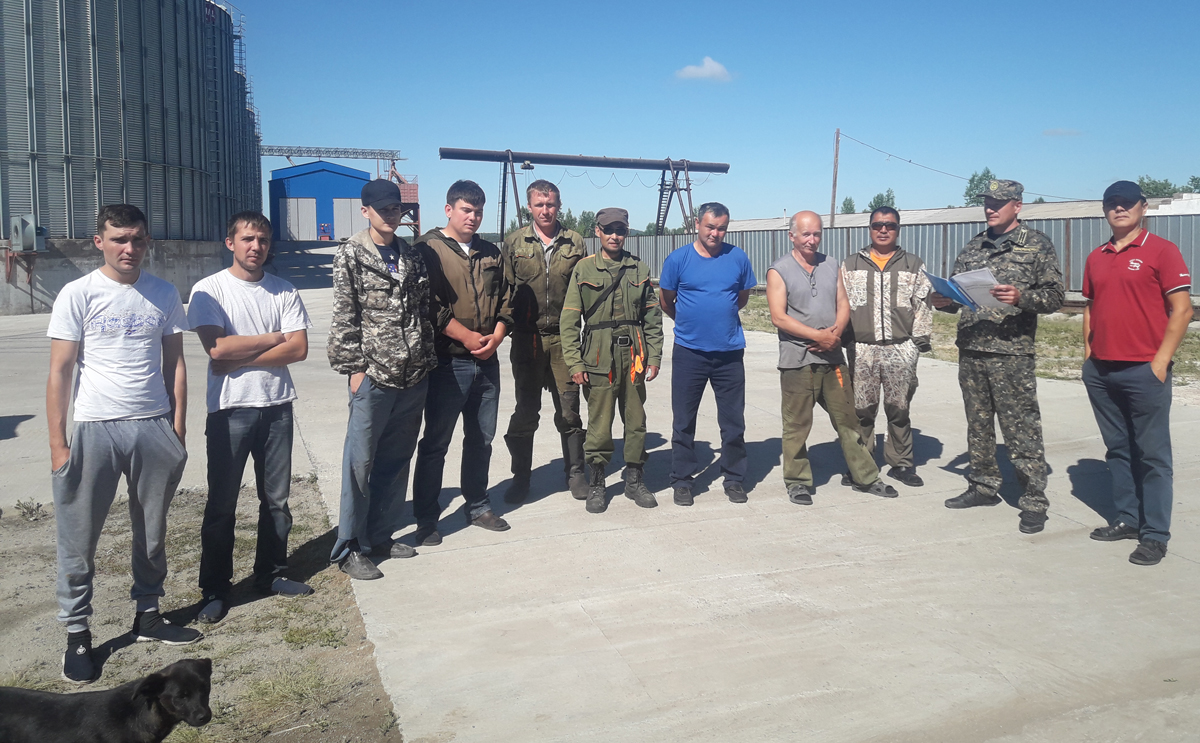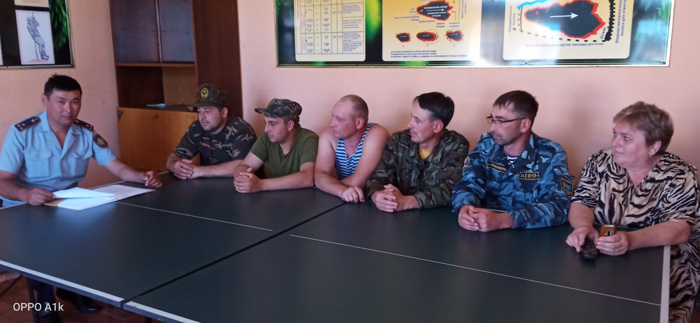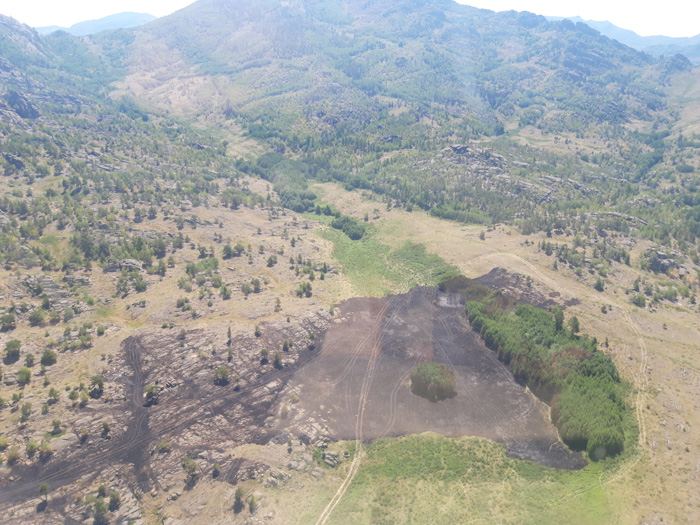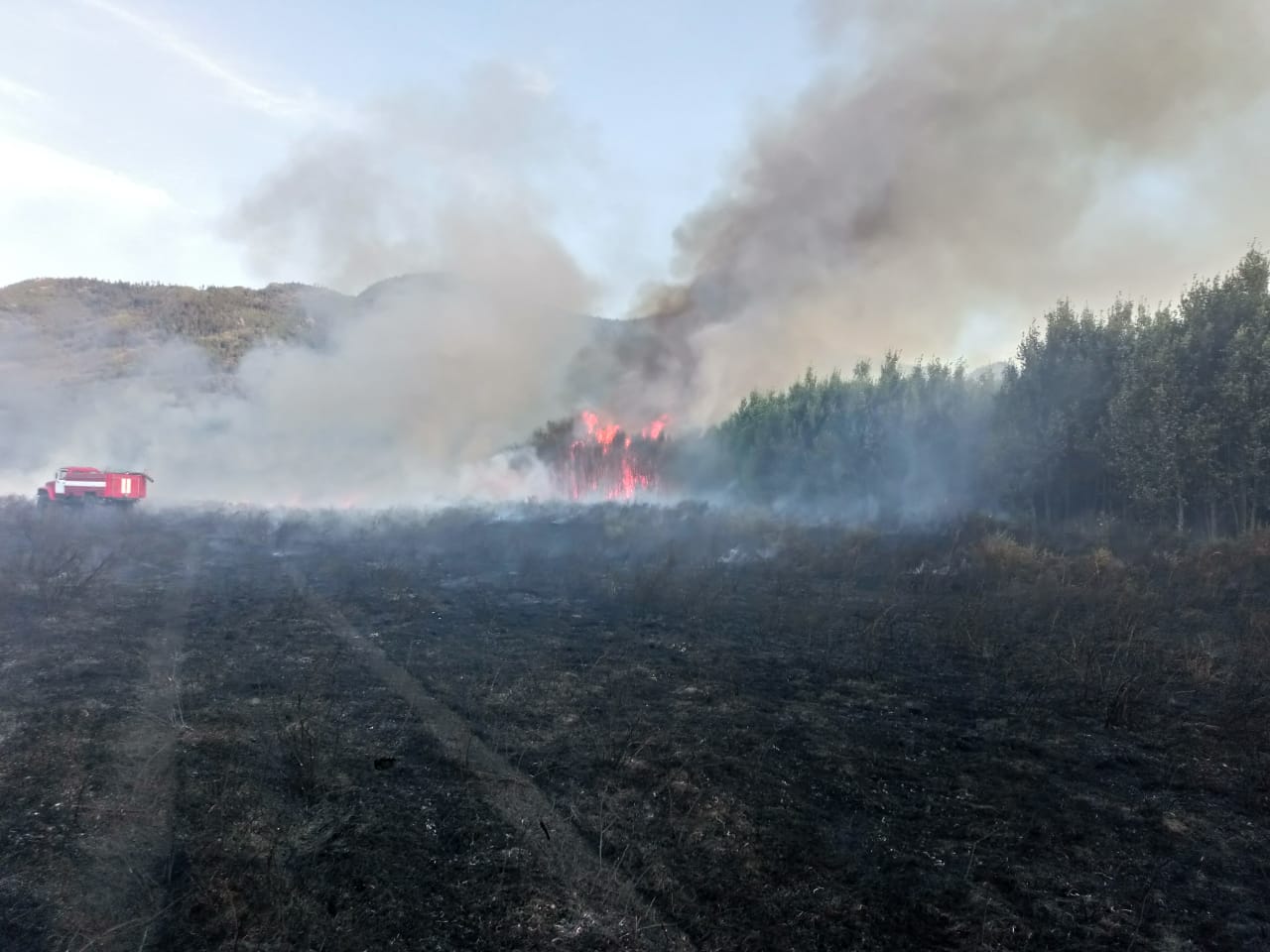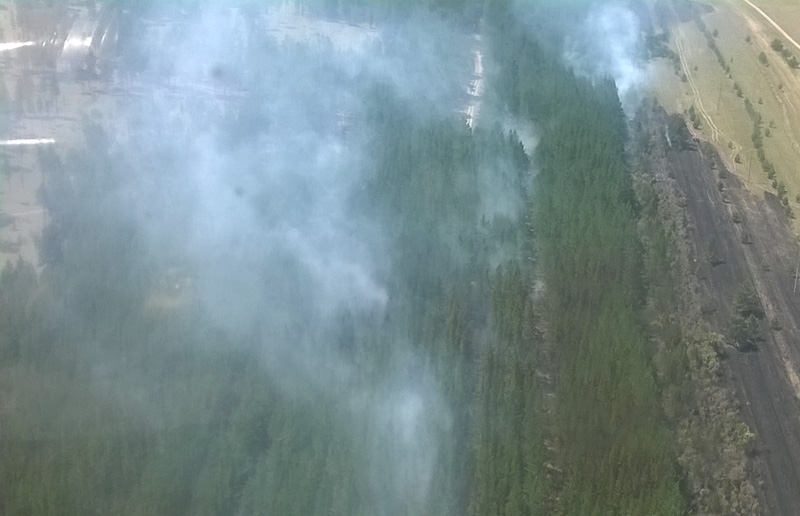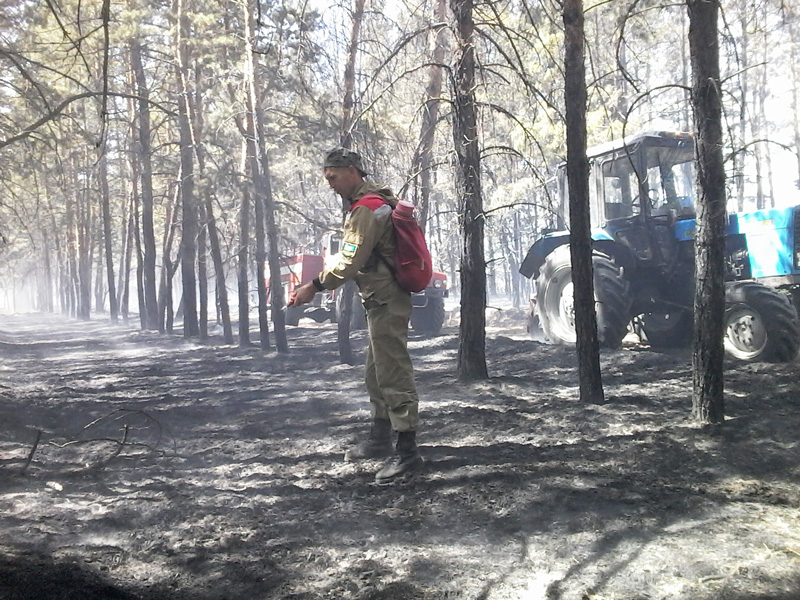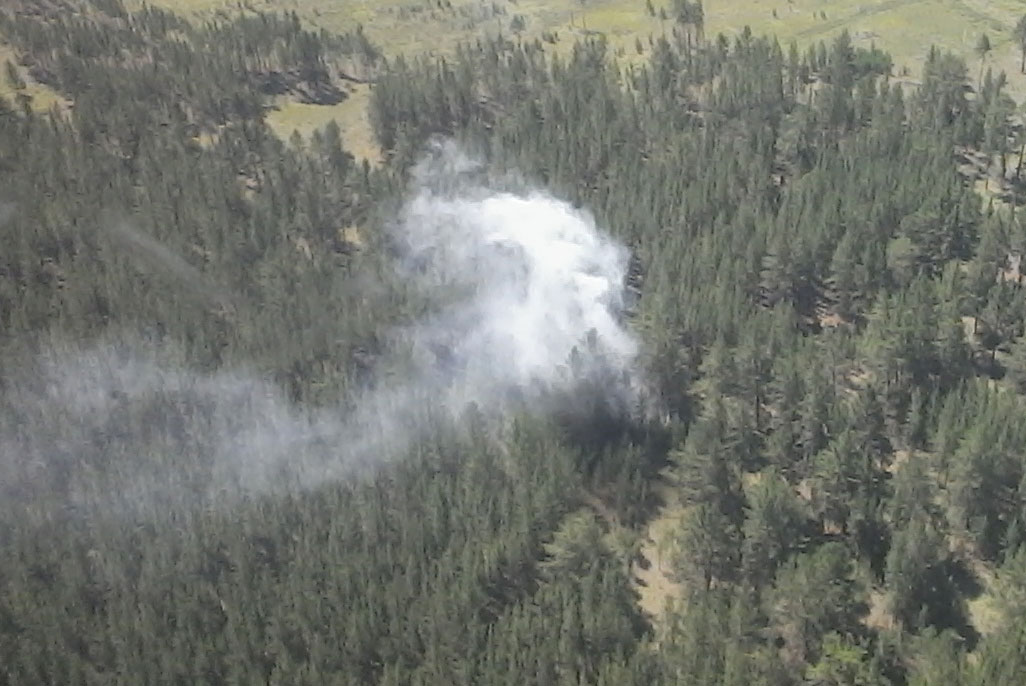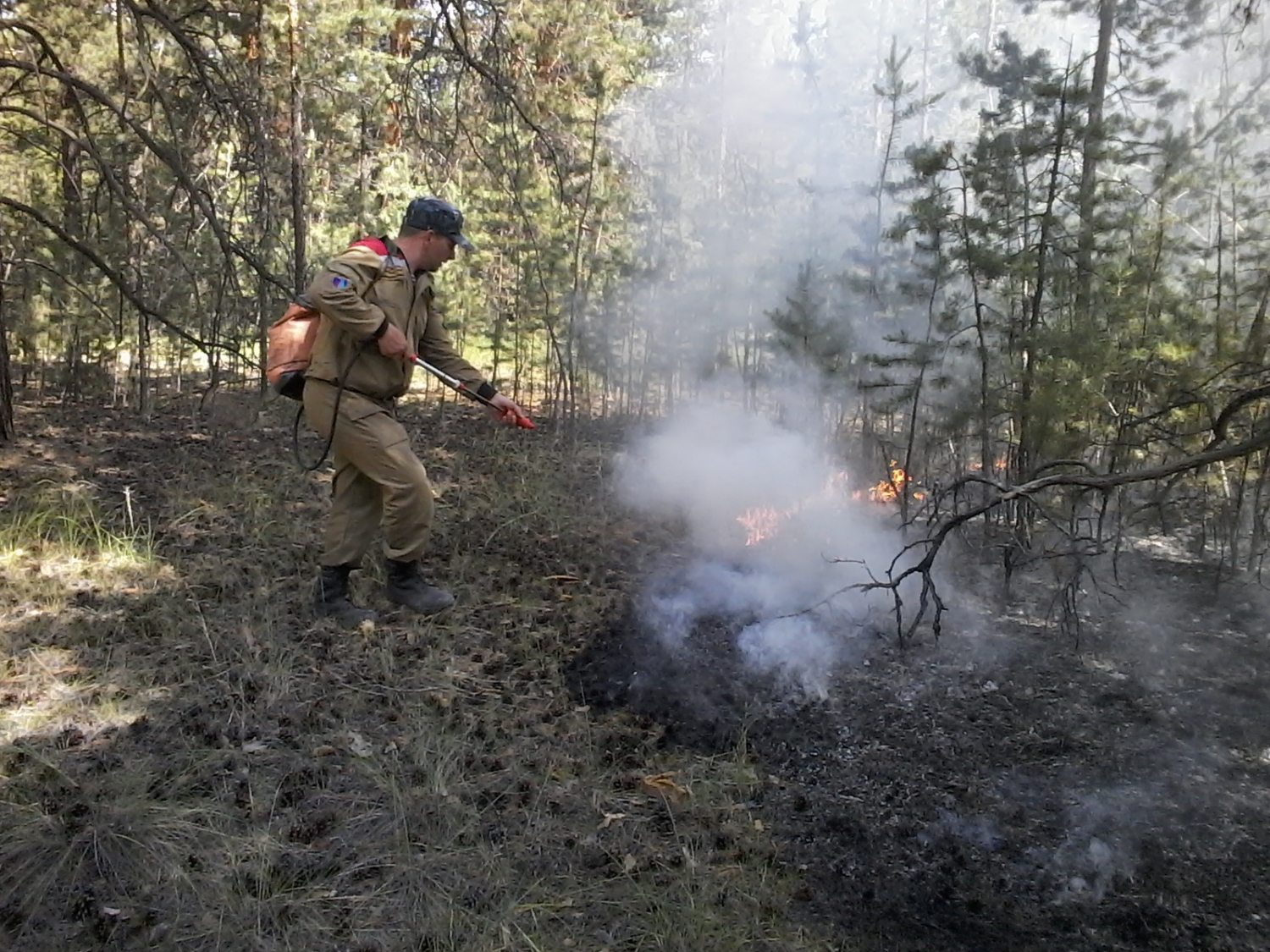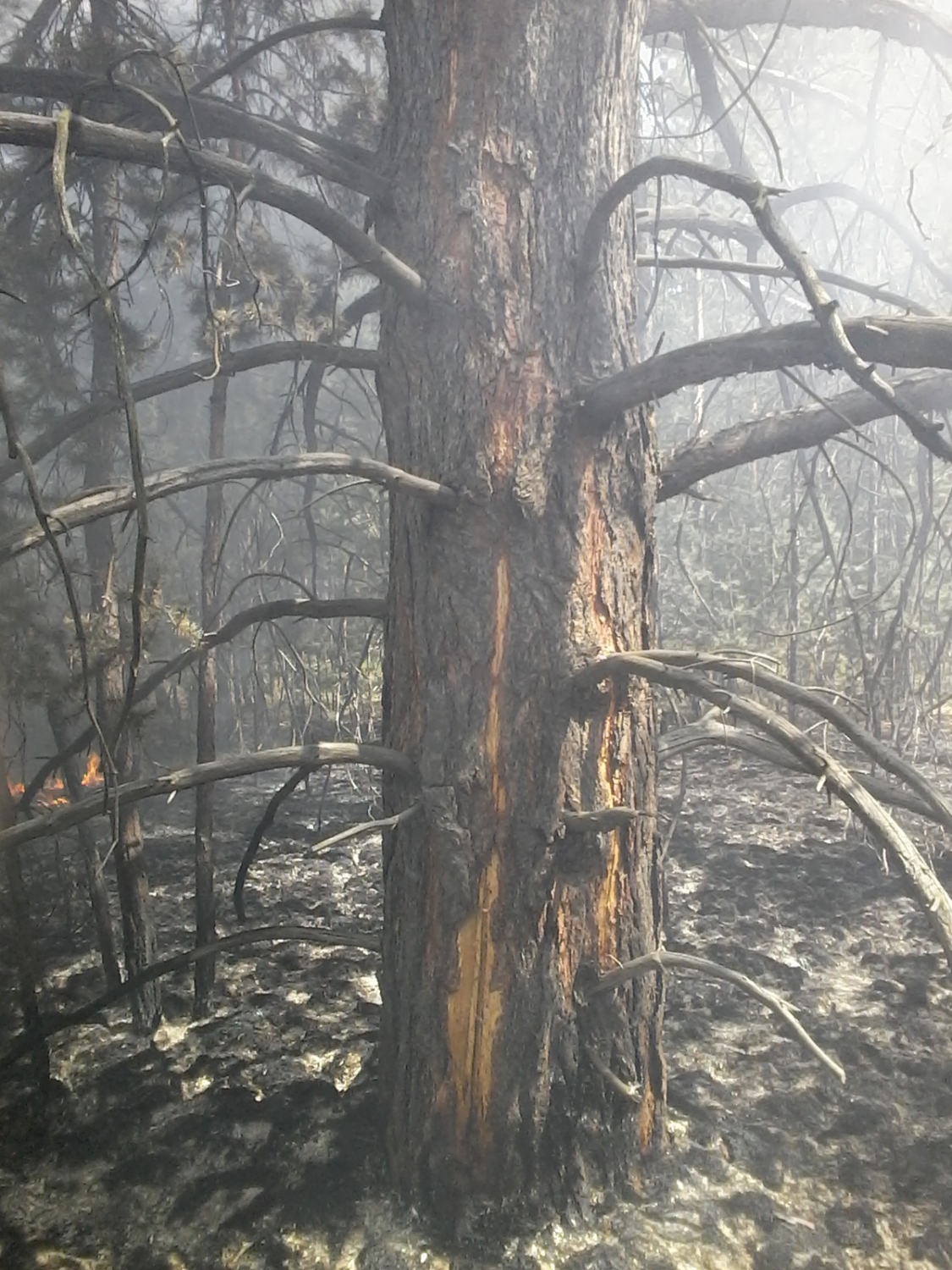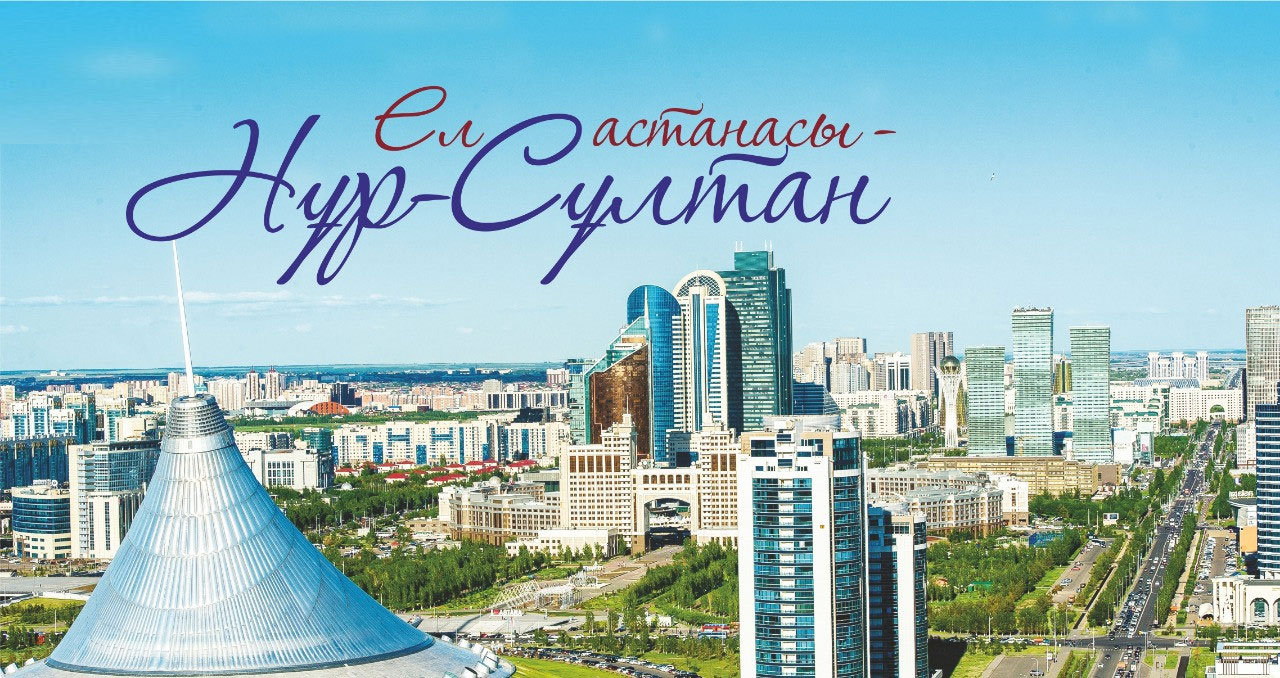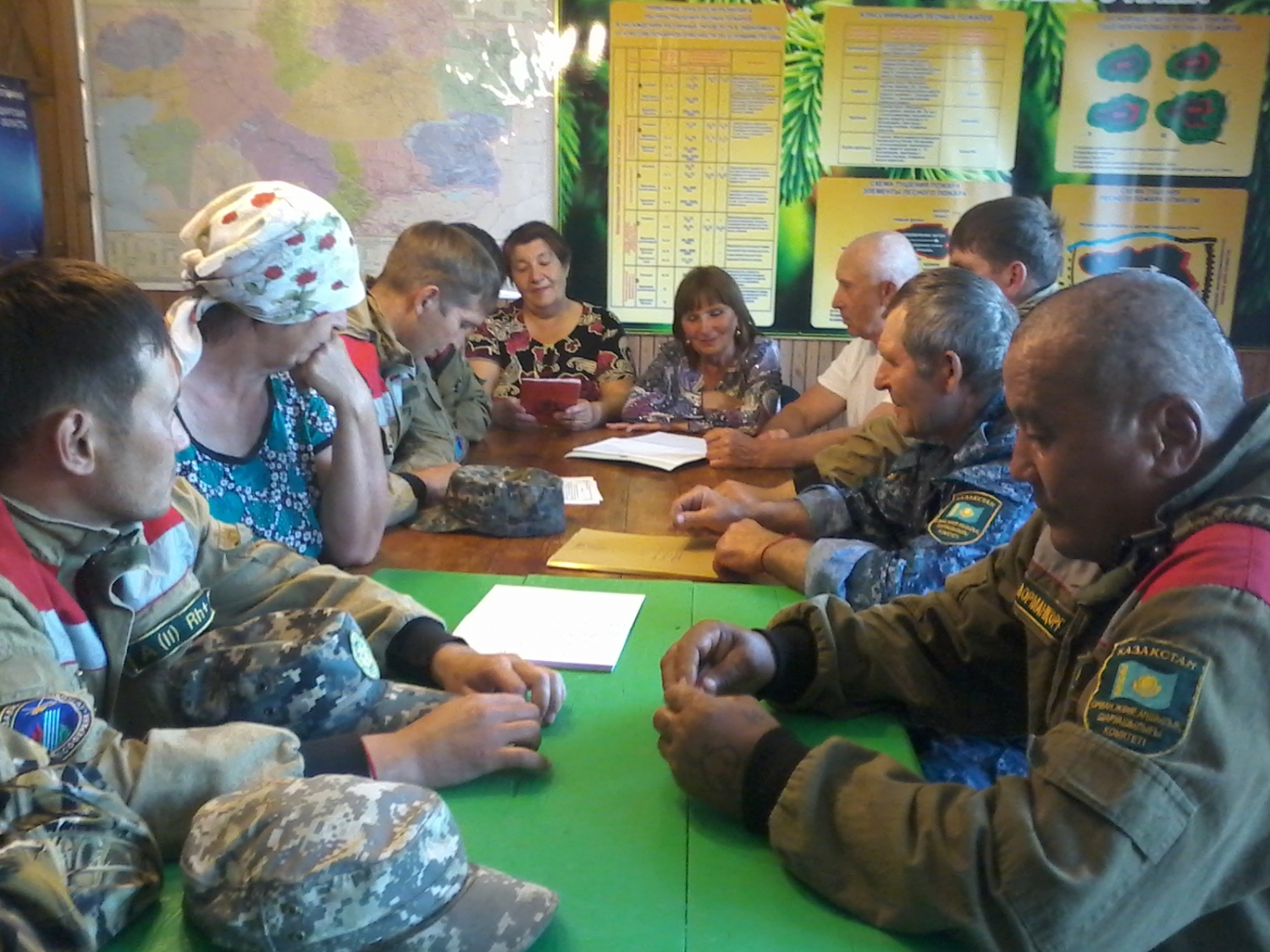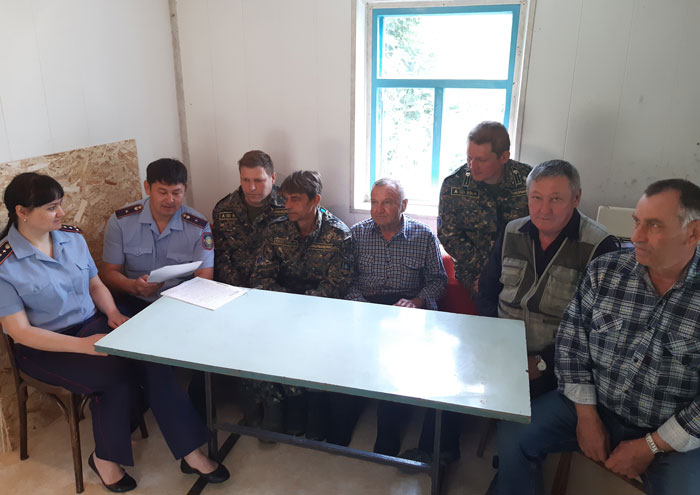On July 5, 2019 a discussion was held at the Ridders Aviation Department on the subject: "Preventing and combating corruption offenses among public servants”. The police officer of the Ridder City Police Major N. Sakenov explained the norms of the Law of the Republic of Kazakhstan "On Combating Corruption", the norms of criminal and administrative legislation of the Republic of Kazakhstan concerning corruption offenses and responsibility for them. The audience was told about various forms of corruption, its negative, destructive impact on the economic development of society and state foundations.
Excerpt from the speech:
"Kazakhstan was the first among the CIS countries to develop and adopt the Law" On Combating Corruption ”, which aims to protect the rights and freedoms of citizens, ensure the national security of the Republic of Kazakhstan public functions, as well as persons equated to them, by preventing, identifying the suppression and disclosure of offenses related to corruption, eliminating their consequences and bringing those responsible to responsibly STI, defines the basic principles of the fight against corruption, establishes the types of offenses related to corruption, as well as the conditions of liability.
All government bodies and officials are obliged to fight corruption within their competence. The decree of the President of the Republic of Kazakhstan "On additional measures to strengthen the fight against crime and corruption and further improve law enforcement in Kazakhstan” was adopted in order to strengthen the fight against crime and corruption, and further improve law enforcement. The Decree pays special attention to the issues of overcoming the problems of combating corruption and measures aimed at preventing its manifestations.
The law regulates social relations in the sphere of combating corruption and is aimed at the implementation of the anti-corruption policy of the Republic of Kazakhstan. The goal of countering corruption is to eliminate corruption in society. Achieving the goal of countering corruption is implemented by solving the following tasks:
1) forming an atmosphere of intolerance towards corruption in society;
2) identify the conditions and causes contributing to the commission of corruption offenses, and eliminate their consequences;
3) strengthening the interaction of anti-corruption subjects;
4) the development of international cooperation in countering corruption;
5) detection, suppression, disclosure and investigation of corruption offenses.
The formation of an anti-corruption culture is an activity carried out by the subjects of the anti-corruption fight, within its competence, to preserve and strengthen the system of values in society that reflects intolerance to corruption. In order to eradicate corruption, society as a whole must fight. Only when a climate of intolerance towards corruption is created in society can one expect positive results in fighting this evil”.
